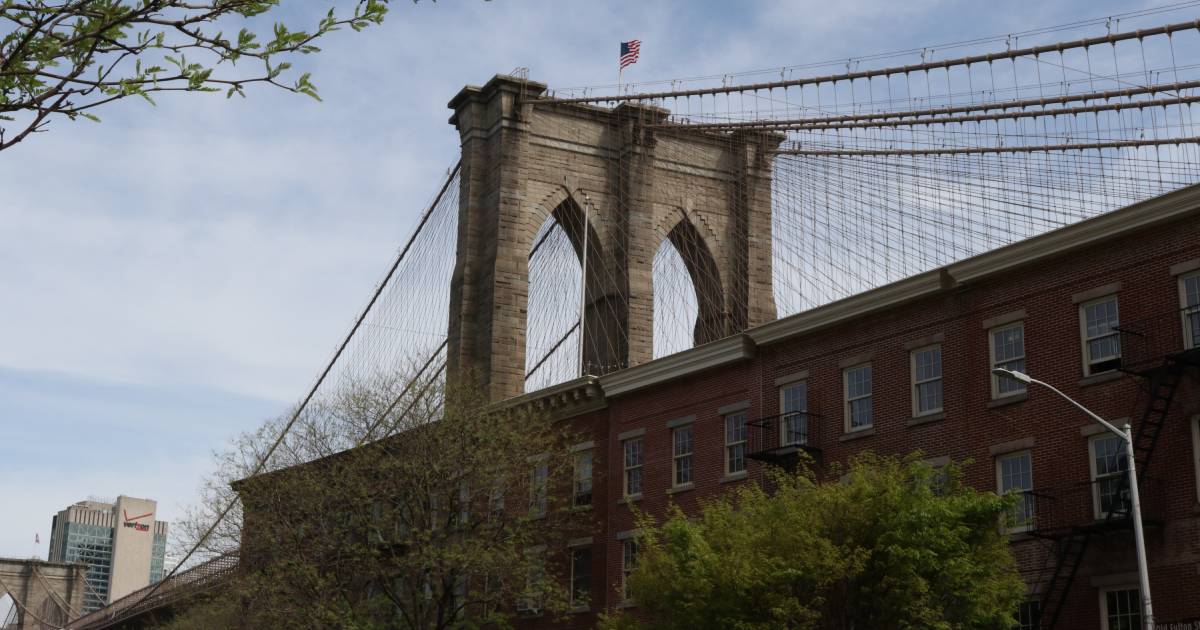On March 7, 2013, the Ohio Court of Appeals for the Eighth Appellate District in the case of Delores Favors v. William Burke, et al., reversed the decision of the trial court and found it proper to award noneconomic damages and attorney fees under the Ohio Consumer Sales Practices Act.
This matter came on for hearing before Administrative Judge Melody Stewart regarding the issue that noneconomic and punitive damages in addition to attorney fees.
The trial court awarded damages to Favors in the amount of $6,050 which, in accordance with The Ohio Consumer Sales Practices Act, R.C. 1345.09(B), it tripled to the amount of $18,150. The court also awarded interest for Burke’s failure to complete a remodeling contract. Favors argued that she should have also received noneconomic and punitive damages for her inconvenience, frustration, embarrassment and mental distress as a result of the incompletion of the remodeling contract.
“Noneconomic loss” has been defined in R.C. 2315.18(A)(4) as: [N]onpecuniary harm that results from an injury or loss to person or property that is a subject of a tort action, including, but not limited to, pain and suffering, loss of society, consortium, companionship, care, assistance, attention, protection, advice, guidance, counsel, instruction, training, or
education, disfigurement, mental anguish, and any other intangible loss.
In her testimony, Favors states that her unsuccessful attempts to resolve the issue with Burke resulted in her feeling “let down” and that she felt “a lot of anxiety and I was really depressed.” She stated that the unfinished work that Burke had started made her feel “ashamed of her property.” These feelings were so overwhelming to her that she made three office visits to a psychologist.
In Decapua v. Rychlik, 8th Dist. No. 91189, 2009-Ohio-2029 the court stated that, “The trier of facts always has the duty, in the first instance, to weigh the evidence presented, and has the right to accept or reject it.” Depacua, citing Ace Steel Baling v. Porterfield (1969), 19 Ohio St. 2d 137, 138, 249 N.E.2d 892; see also Rogers v. Hill (1998), 124 Ohio App.3d 468, 470, 706 N.E.2d 438.
Even with the testimony given by Favors, the trial court, in its judgment entry did not specify that it found the evidence wanting at all; in fact, it simply did not address the noneconomic damages claim but unilaterally rejected it. According to Whitaker v. M.T. Automotive, Inc., 111 Ohio St.3d 177, 2006-Ohio-5481, 855 N.E.2d 825, ¶ 22-22, “aggravation, frustration and humiliation are compensable noneconomic damages under R.C. 1345.09(A).
The Appellate court sustained the error and remanded with instructions for the court to determine the amount of noneconomic damages entitled to Favors.
Favors also stated that she should have been awarded punitive damages with regard to her claim of fraud and civil theft for Burke intentionally not completing the work on her home. R.C. 2315.21(C)(1) states that punitive damages cannot be recovered unless “[t]he actions or omissions of [the] defendant demonstrate malice or aggravated or egregious fraud * * *.” “Actual malice, necessary for an award of punitive damages, is (1) that state of mind under which a person’s conduct is characterized by hatred, ill will or a spirit of revenge, or (2) a conscious disregard for the rights and safety of other persons that has a great probability of causing substantial harm.” According to the trial court, the simple fact that he did not finish the work he intended does not necessarily constitute malice. The trial court found that Favors did not present enough evidence to obtain the punitive damages and the Appellate court upheld that decision.
Finally, with regard to attorney fees, under R.C. 1345.09(F)(2) an award of attorney fees to a prevailing party is not mandatory, but within the discretion of the trial court, subject to review only for an abuse of that discretion. The Appellate court found that because Burke did not answer the complaint nor respond to requests for admissions, the evidence with regard to damages, the reasonableness of the hours worked, and the hourly rate was uncontroverted. Therefore, it was unreasonable for the trial court to deny attorney fees. However, given the fact that law students, under the supervision of an attorney-professor, handled the case, the claim was governed by Gov.Bar.R.II, Section 6 which states:
A legal intern shall not ask for or receive any compensation or remuneration of any kind from a financially needy client on whose behalf services are rendered. However, the law school clinic, legal aid bureau, public defender’s office, or other legal services organization may be awarded attorney fees for services rendered by the legal intern consistent with the Ohio Rules of Professional Conduct and as provided by law. A law school clinic, legal aid bureau, public defender’s office, or other legal services organization, the state, or any municipal corporation may pay compensation to the legal intern.
The attorney-professor submitted an affidavit that the interns logged 156.19 hours on the case. He requested $10,000 in attorney fees even though he stated that the prevailing rate for this type of work would be approximately $100 per hour. The Appellate court found that the trial court’s denial of attorney fees was unreasonable, arbitrary and capricious and sustained the assignment of error and remanded with instructions for the court to award $10,000 in attorney fees.
The Full Text of This Opinion May Be Found At:
http://www.sconet.state.oh.us/rod/docs/pdf/8/2013/2013-ohio-823.pdf
Many thanks to Kim Goldwasser for her contributions to this article. Kim is a paralegal with Slovin & Associates Co., L.P.A.



